Solutions
June 1, 2015
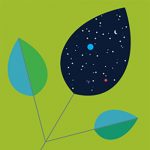
Leaves tell a story
Miniscule, fossilized pieces of plants could tell a detailed story of what the Earth looked like 50 million years ago.
March 1, 2015

Character: Janis Avery
Janis Avery has one mission in life: shoring up support for foster children so they can make the grade in school.
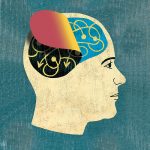
Brain discovery
A couple of years ago a scientist looking at dozens of MRI scans of human brains noticed something surprising: a large fiber pathway that seemed to be part of the network of connections that process visual information.
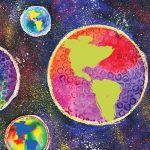
Mirage Earths
Planets orbiting close to low-mass stars—the most common stars in the universe—are prime targets in the search for extraterrestrial life. But new research led by an astronomy graduate student at the UW indicates some such planets may have long since lost their chance at hosting life.

Baby face
It’s a game parents like to play: What will my child look like when she grows up? A computer could now answer the question in less than a minute.
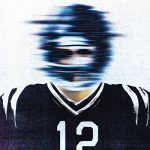
Brain spotting
Football concussions get a lot of attention, but UW researchers want to know how a single brain injury can affect an ordinary person decades down the line.
December 1, 2014
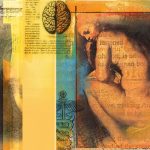
Can't weight
Obesity-associated insulin resistance is a major risk factor for Type 2 diabetes. UW researchers are now looking at obesity and its interdependent relationship to the disease.
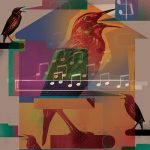
Clues from bird brains
Brain cells that multiply to help birds sing their best during breeding season are known to die back naturally later in the year. For the first time, researchers have described the series of events that cue new neuron growth each spring.

Phone training
Mobile phones have become second-nature for most people. What’s coming next, say UW researchers, is the ability to interact with our devices not just with touchscreens, but through gestures in the space around the phone.

Toddler logic
Researchers have found that children as young as 2 intuitively use mathematical concepts such as probability to help make sense of the world.
September 1, 2014
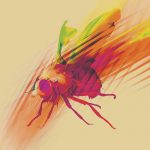
Fighter flies
University of Washington researchers used an array of high-speed video cameras operating at 7,500 frames a second to capture the wing and body motion of flies after they encountered a looming image of an approaching predator.
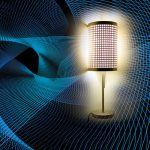
Tide turner
Tidal power holds tremendous potential, especially here in the Evergreen State, because of the sheer volume of water moving in and out of Puget Sound each day.

Robot response
UW electrical engineers have developed telerobotics technology that could make disaster response faster and more efficient.

About everything
Computer scientists from the UW and the Allen Institute for Artificial Intelligence in Seattle have created the first fully automated computer program that teaches everything there is to know about any visual concept.
June 1, 2014

'Time to flex'
Cristobal J. Alex is out to change the political landscape of the United States as the head of the Latino Victory Project.
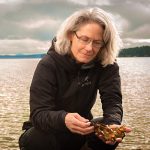
Deep into oceans
The chemistry of the ocean has changed dramatically over the decades that Terrie Klinger has been studying her beloved West Coast waters.

Cosmetic enhancement
Millions of people each year remove wrinkles, soften creases and plump up their lips by having a physician inject a gel-like material into their facial tissue. These cosmetic procedures are sometimes called “liquid facelifts” and are said to be minimally invasive. It’s rare, but sometimes things go wrong.
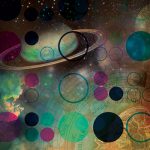
Planetary bonanza
University of Washington astronomer Eric Agol played a key role in the discovery of 715 new exoplanets announced by NASA Feb. 26. Agol was on a team that found seven of those worlds, all in orbit around the same star, Kepler-90.

Robot observers
This fall the UW will complete installation of a massive digital ocean observatory. Dozens of instruments will connect to power and Internet cables on the sea floor, but the observatory also includes a new generation of ocean explorers: robots that will zoom up and down through almost two miles of ocean to monitor the water conditions and marine life above.

Mobile medicine
A collaboration between UW Computer Science and Engineering and PATH, a Seattle-area non-governmental organization, has led to a simple, ingenious solution to a dilemma facing women in Sub-Saharan Africa who wish to store breast milk. While medical care and safe water are not always available, most Africans today have smartphones.